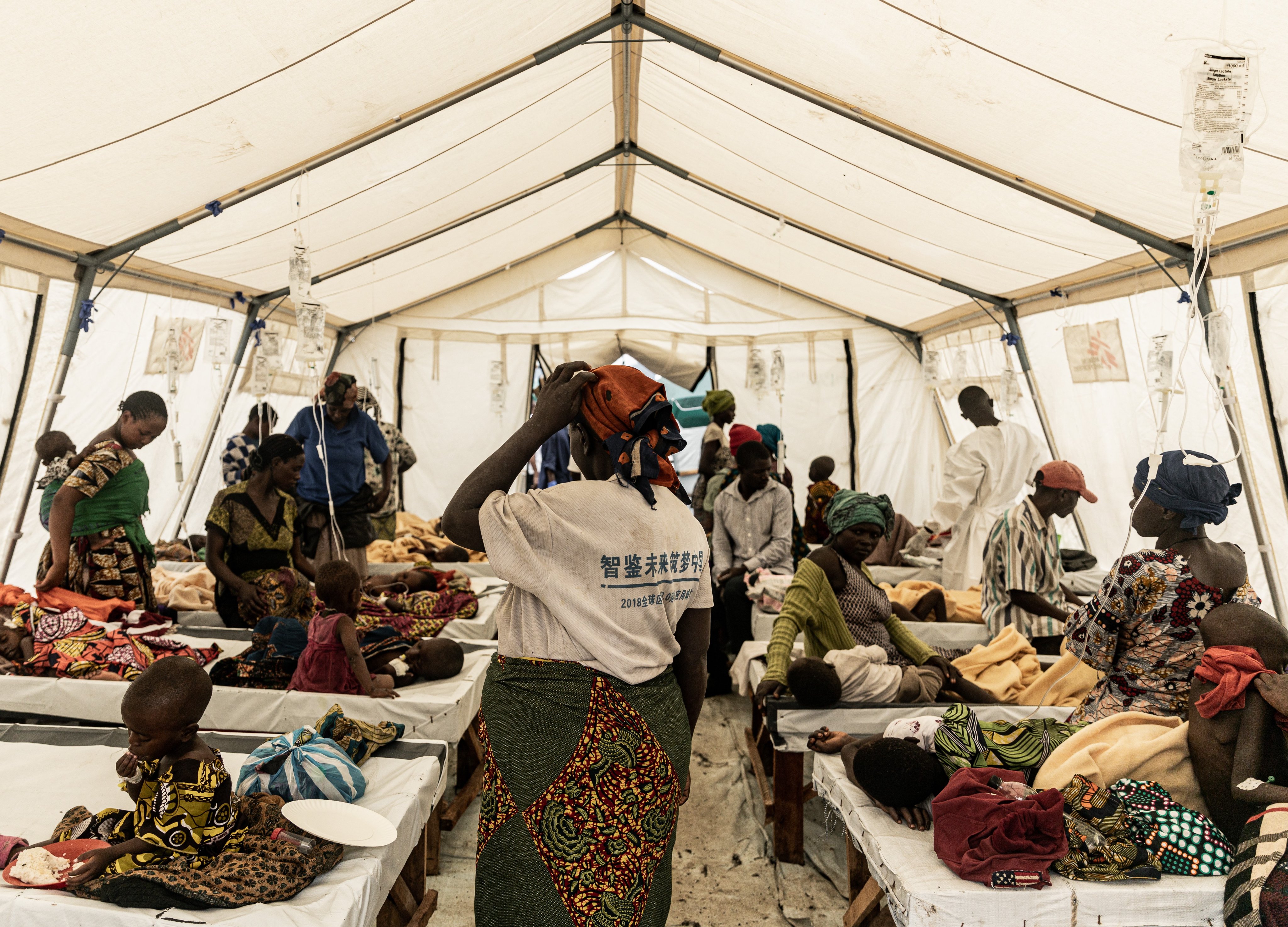** Upception of cholera in the Democratic Republic of Congo: a multifactorial crisis requiring a collective response **
Since January 2023, the Democratic Republic of Congo (DRC) has faced an alarming resurgence of cholera cases, with more than 18,000 infections and 350 deaths identified, representing a lethal rate of 2 %, much higher than the 1 % threshold recommended by the World Health Organization (WHO). This observation, shared by the Minister of Public Health, Samuel-Roger Kamba, raises essential questions on the underlying causes of this health crisis and on the strategies to be deployed to deal with it.
### Environmental and health context
Minister Kamba highlights several contributory factors, including the torrential rains that have led to massive floods across the country. These natural phenomena, exacerbated by potentially in progress climate change, disrupt not only access to drinking water, but also promote the spread of pathogens. Health infrastructure, already fragile in many regions, find it difficult to respond to the influx of patients. In addition, the quality of the water, often compromised by inadequate infrastructure, accentuates both the vulnerability of the populations and the difficulty in containing the epidemic.
### A problem of governance
The management of this epidemic cannot be limited to a purely health analysis. Specialists like Doctor Michel Muvudi, an expert in public health at the World Bank, underline the need to examine the aspects of governance and infrastructure. In this light, questions emerge regarding the effectiveness of health systems in place and the ability of local authorities to coordinate an appropriate response. The transparency of the data and the rigor of the measures taken to control the disease are often highlighted as essential prerequisites to obtain international support and mobilize the necessary resources.
### The role of the community and humanitarian actors
Professor Michel Bisa, scientific secretary of the Governance Observatory at the University of Kinshasa, also recalls the importance of community mobilization in the fight against cholera. The awareness of populations concerning hygiene, the use of drinking water and the treatment of wastewater are crucial elements in the control of this epidemic. Local initiatives, associating health authorities and non -governmental organizations, can play a decisive role in informing and educating communities on the risks linked to cholera and prevention gestures.
### to an integrated approach
It therefore appears that an effective response to this crisis requires an integrated approach that combines public health efforts, governance assessment and community awareness. Such a response could also benefit from a strengthening of collaborations with international actors, not only to respond to the immediate crisis, but also to establish sustainable public health systems in order to prevent future epidemics. This implies particular attention to the structural challenges, such as the construction and maintenance of health infrastructure, access to drinking water, and the training of medical personnel.
### Towards a collective reflection
Faced with the severity of the situation, it is imperative that all stakeholders engage in a constructive dialogue. How can the international community effectively support the DRC without interfering in its internal dynamics? What would be the best practices to adopt to strengthen the resilience of the health systems of tomorrow?
The reflection on cholera should not be limited to a reaction to an epidemic, but must also be part of a dynamic of prevention and development. This is a collective challenge, which requires both local commitments and thoughtful international solidarity. In the end, the fight against cholera in DRC is a call to a holistic approach, based on commitment, cooperation and political will. An opportunity to transform a crisis into an opportunity to build a more robust health system, capable of dealing with future threats.

